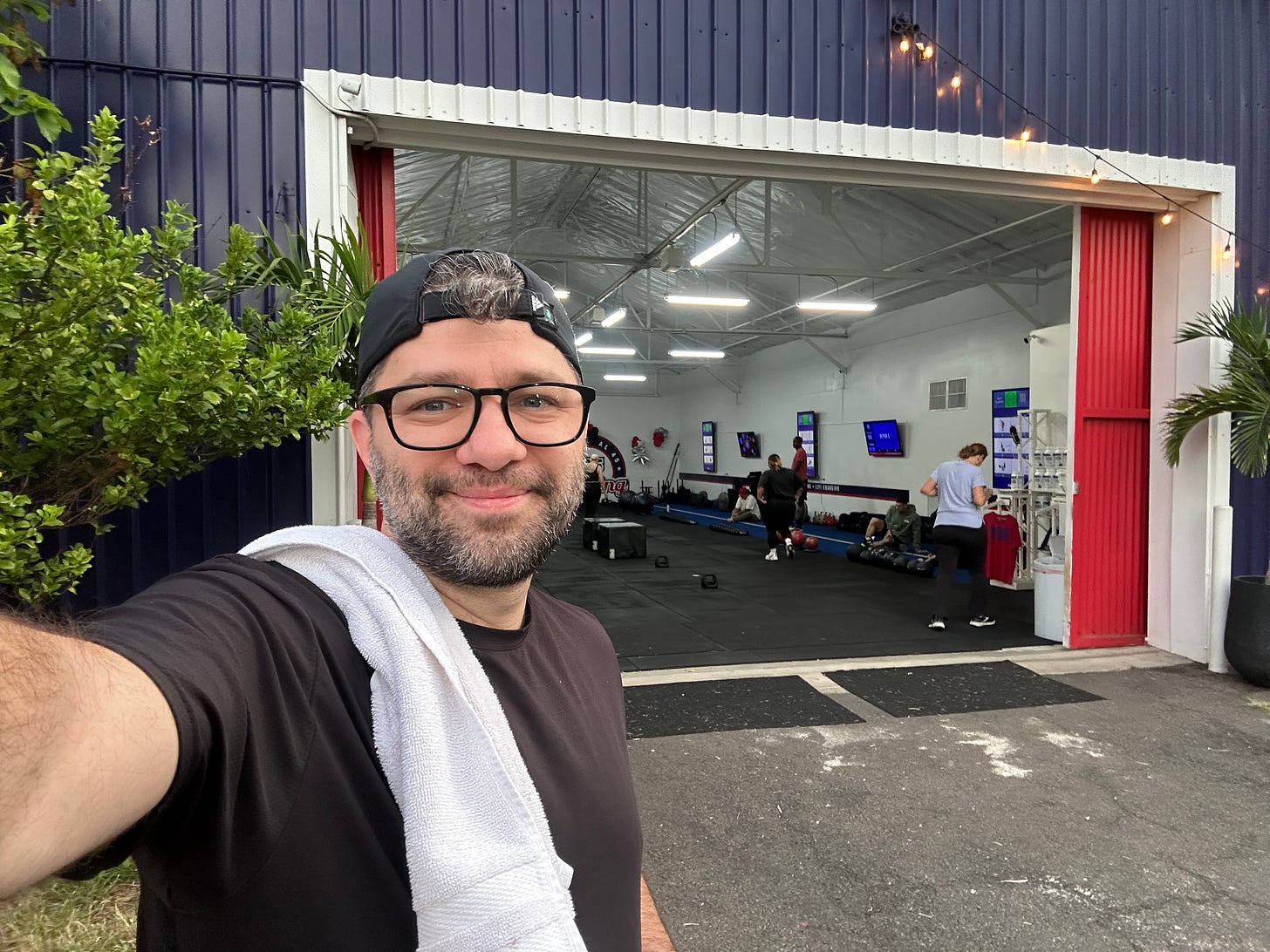Breaking Free from the Pressure to Please
How unlearning trauma responses can transform independent school leadership
This one is short and sweet.
I’ve had many conversations recently with school leaders who are dealing with burnout. I came across this post from Dr. Thema Bryant, a highly accomplished psychologist, and it really hit home for me. I wanted to take a moment to share it with you.
Leadership is often a balancing act between serving others and preserving ourselves. Dr. Thema’s quote reminds us that leadership—especially in independent schools—can sometimes feel like a journey of unlearning. Trauma may teach leaders to shrink themselves, to apologize for their decisions, and to please stakeholders who may not fully grasp the complexities of the work we do. This programming often leads to burnout, self-doubt, and a leadership style that is reactive rather than transformative.
Healing, however, is a process of empowerment. It’s about reclaiming the wings that leadership often demands we hide. For independent school leaders, healing begins with the acknowledgment that self-care is not selfish—it is essential. To show up fully for students, faculty, and families, we must first show up for ourselves. This means setting boundaries, embracing imperfection, and being unapologetic about our values and vision.
For me, healing and self-care are intentional practices woven into my daily routine. I meditate for 10 minutes each morning to center myself before the day begins. I stay active by going to a local gym, which helps me release stress and maintain my physical health. Reading and journaling, often through the medium of a Substack post, allow me to process my thoughts and reflect on my journey. And above all, I make time to be with my family—a grounding source of love and joy. We all need to find what works for us, but the key is finding it and then being consistent.
Healing also means rejecting the pressure to please everyone. As leaders, our job is not to dismantle ourselves to meet the endless demands of others but to guide our schools with integrity, courage, and compassion. In doing so, we model for our communities the power of resilience and the importance of self-advocacy.
Independent school leadership is a deeply relational role, but it cannot thrive if the leader is running on empty. Let this be a call to unlearn what trauma teaches and to lead from a place of authenticity and healing—for the good of our schools, our teams, and ourselves.









